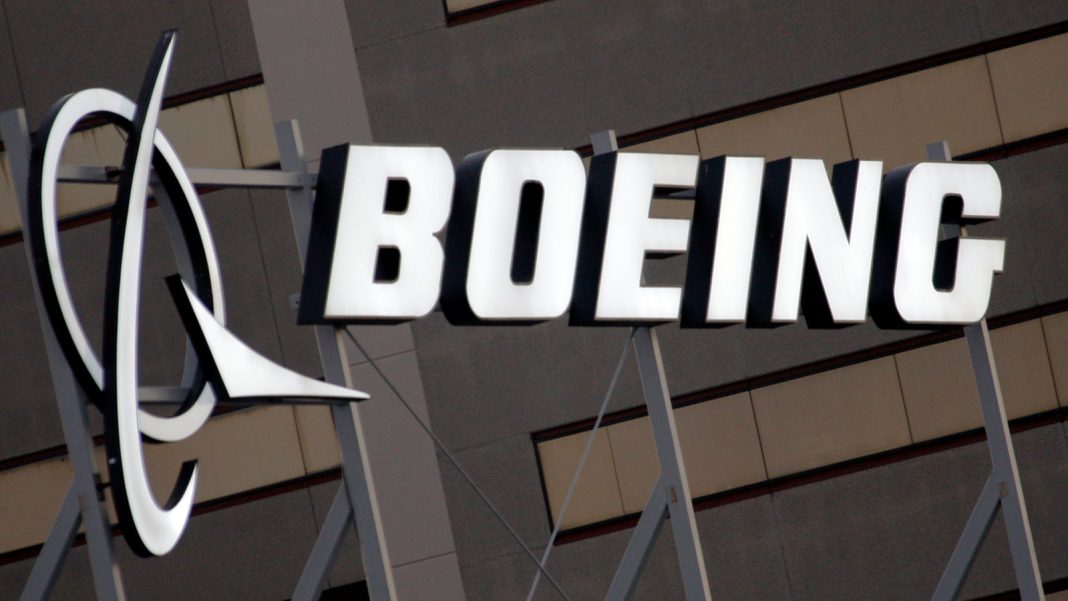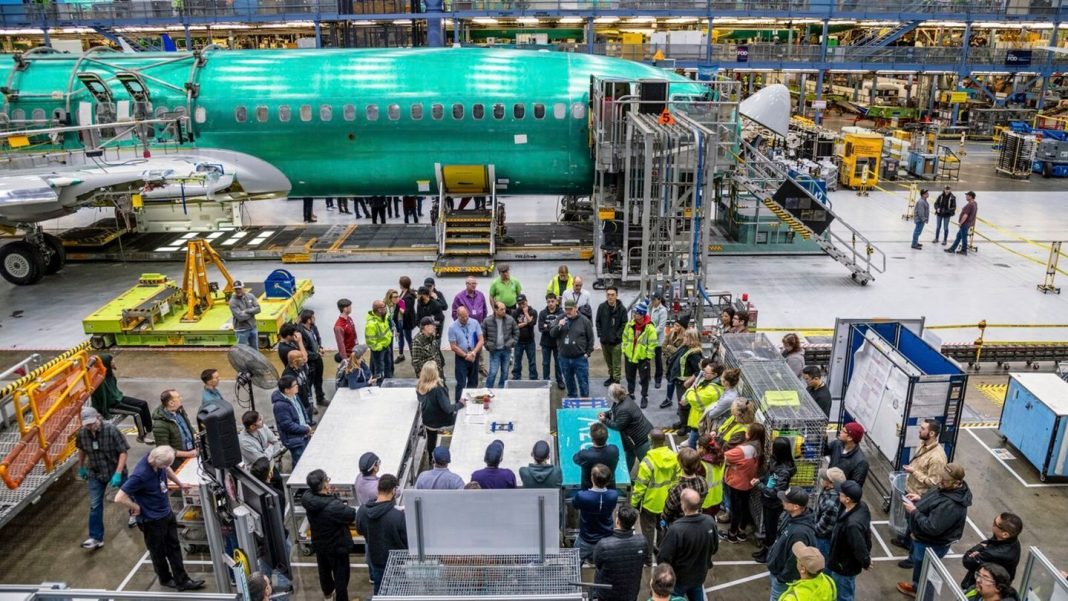Boeing’s plea agreement with the Department of Justice has been finalized, marking a significant development in the aftermath of the two devastating 737 Max crashes. The agreement entails Boeing pleading guilty to conspiracy to defraud the United States and paying a hefty fine of $243.6 million. However, this deal is still pending approval from US District Judge Reed O’Connor in the Northern District of Texas.
Under the terms of the agreement, Boeing will also be subjected to a three-year term of organizational probation and will invest $455 million in compliance, quality, and safety programs. Furthermore, the board of directors will meet with the families of the victims of the two crashes, acknowledging the immense loss suffered by these families. To ensure compliance, an independent monitor will be appointed.
It is important to note that this plea agreement does not grant Boeing immunity for any other potential misconduct, including ongoing or future government investigations into the company. This provision emphasizes that Boeing will be held accountable for any further wrongdoing that may come to light.
While Boeing has expressed its commitment to working transparently with regulators to strengthen safety, quality, and compliance programs, the families of the MAX crash victims have voiced their dissatisfaction with the plea agreement. Paul Cassell, representing 15 victim families, stated that the proposed plea agreement contains the very flaws that the families anticipated. He plans to file a strong objection within seven days, urging Judge O’Connor to reject the proposed plea.
Another lawyer representing victim families, Mark Lindquist, highlighted a crucial aspect missing from the plea agreement. He emphasized that it fails to acknowledge that the charged crime of Conspiracy to Defraud ultimately resulted in the tragic deaths of 346 people. This lack of acknowledgment and accountability further exacerbates the pain felt by the families who seek justice for their lost loved ones.
The accusations against Boeing revolve around the company’s alleged deception of the Federal Aviation Administration (FAA) regarding crucial information about the Max. Boeing neglected to inform the FAA, airlines, and pilots about the existence of the MCAS software system. This system had the ability to automatically push the plane’s nose down if a sensor detected a potential aerodynamic stall, without any input from the pilots. This critical omission led to the fatal crashes in Indonesia in 2018 and Ethiopia in 2019 when faulty sensor readings caused the planes to nosedive, leaving the pilots unable to regain control.
In response to these crashes, the Max jets were grounded worldwide until Boeing redesigned the MCAS system to reduce its power and incorporate input from two sensors instead of one. However, the damage had already been done, and the loss of lives was irreparable.
The plea agreement between Boeing and the Department of Justice represents a significant step towards holding the company accountable for its actions. However, the dissatisfaction voiced by the victim families highlights the need for comprehensive acknowledgment and justice. The court’s decision on whether to approve or reject the plea agreement will undoubtedly have far-reaching implications for the future of aviation safety and accountability in the industry.


